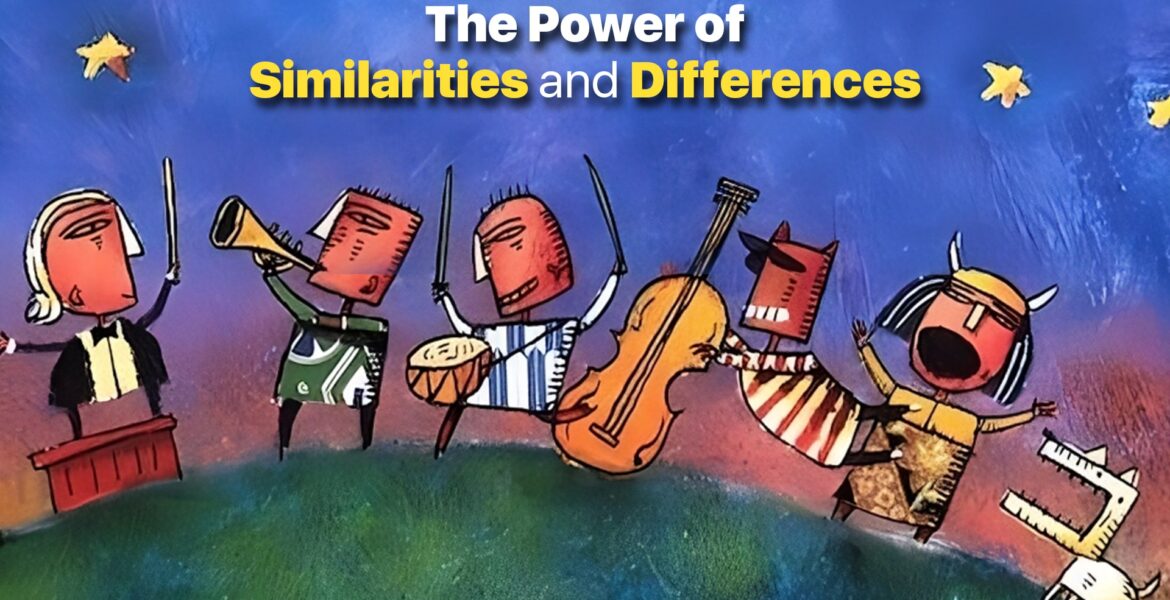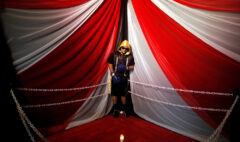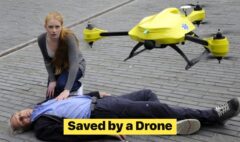The Power of Similarities and Differences
Greetings. Since “The Necessity of Strangers” was published, I have been struck by the willingness of audiences around the U.S. and the world to embrace a simple and (I believe) important idea…
That our similarities are the glue that should bring us together, and our differences are the raw materials that should enable us to learn, grow, innovate, and do remarkable things.
But the current environment of division, mistrust, polarization, culture wars and actual wars suggests that we still struggle to value and appreciate people who are different than us. People with different religions. People of different colors. People from different parts of the world. People of different generations. People with different sexual orientations. People with different knowledge and training. People who look at the world, or at least some important aspect of it, with different understanding. Even though almost all of them wake up each day with same hopes, dreams, and fears that we have.
As humans, we seem programmed to home in on our differences as though they are way more essential or predictive of someone’s worth than our similarities.
But what if we were to focus on the essence of what makes others who they are? People who care deeply about family and community. People who are working hard to create a better life for their children and themselves. People who desire to make a positive difference and live lives of meaning. People who find joy in simple and important things. People who believe in finding the goodness in others. People who believe in a god (or gods) that is (are) just. The overwhelming majority of people who are a lot like us when we dare to be at our best.
I was struck by the following video that our daughter Carly shared titled “Meet a Muslim.” A video that strikes at the heart of what it means to be human. A video that is really about all of us and what is possible if we choose to look at others based first on what we have in common.
It turns out the biggest challenge facing us and our companies, organizations, and societies is not a lack of knowledge or expertise. It is a lack of openness to other people, their ideas, and their humanity. And a lack of appreciation for the necessity of strangers and the power of what we can accomplish together when we dare to think differently.
Cheers!








